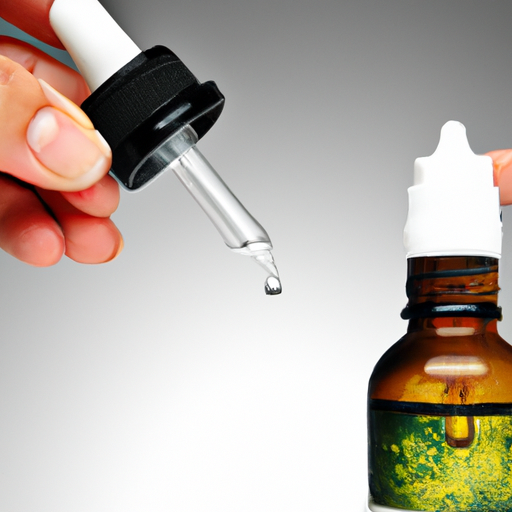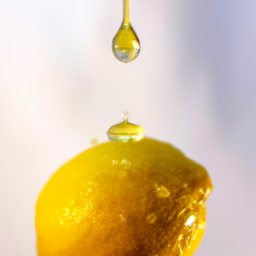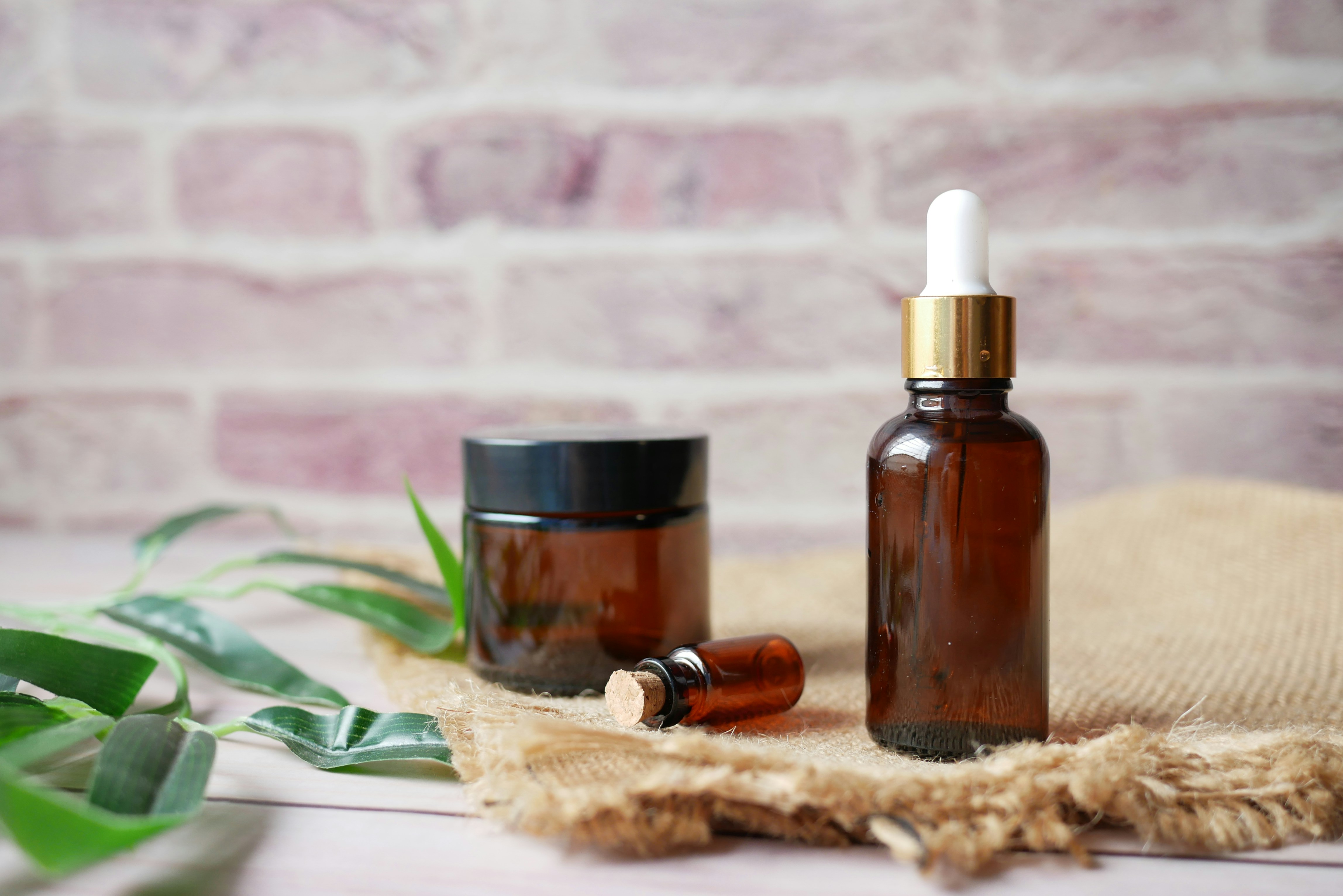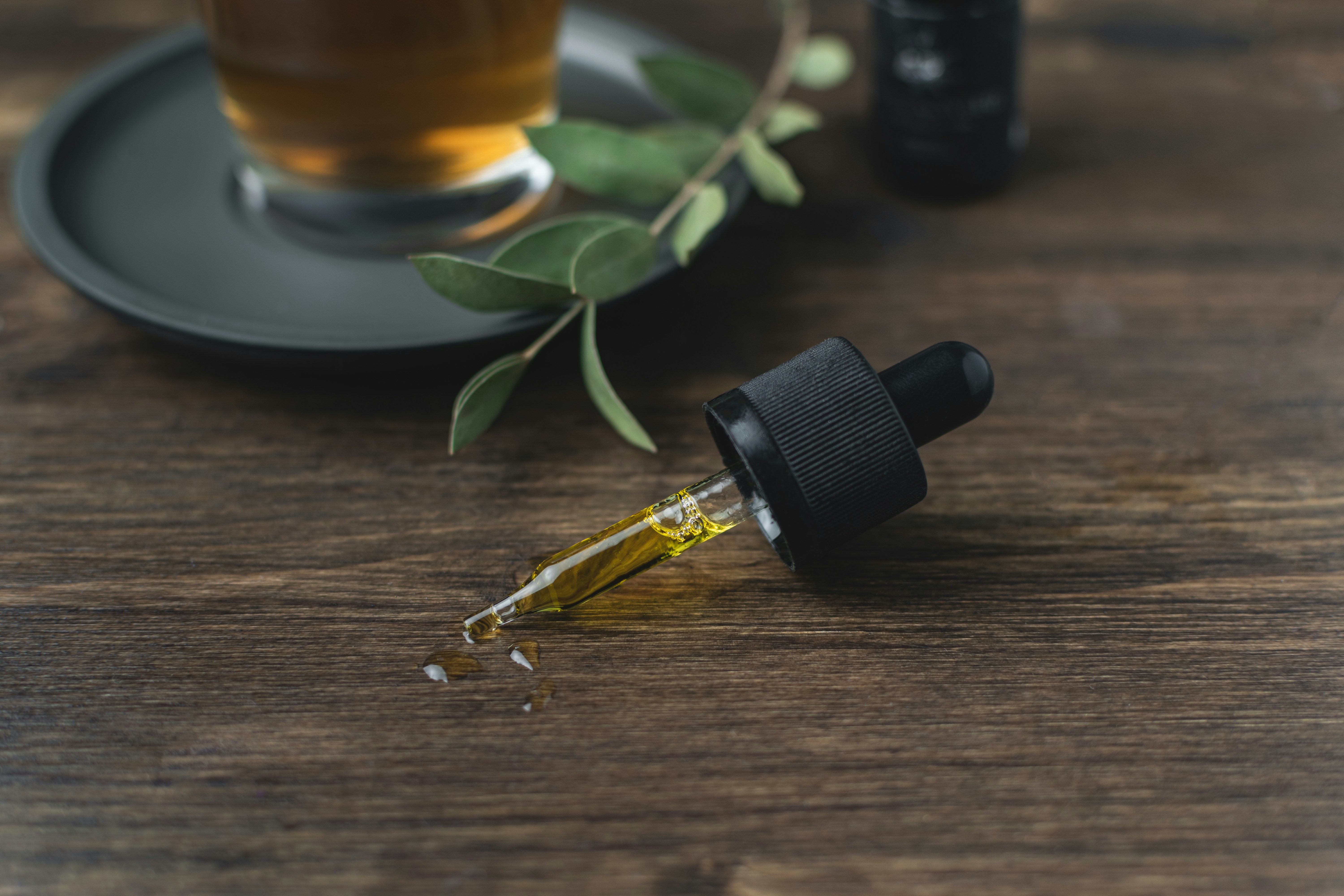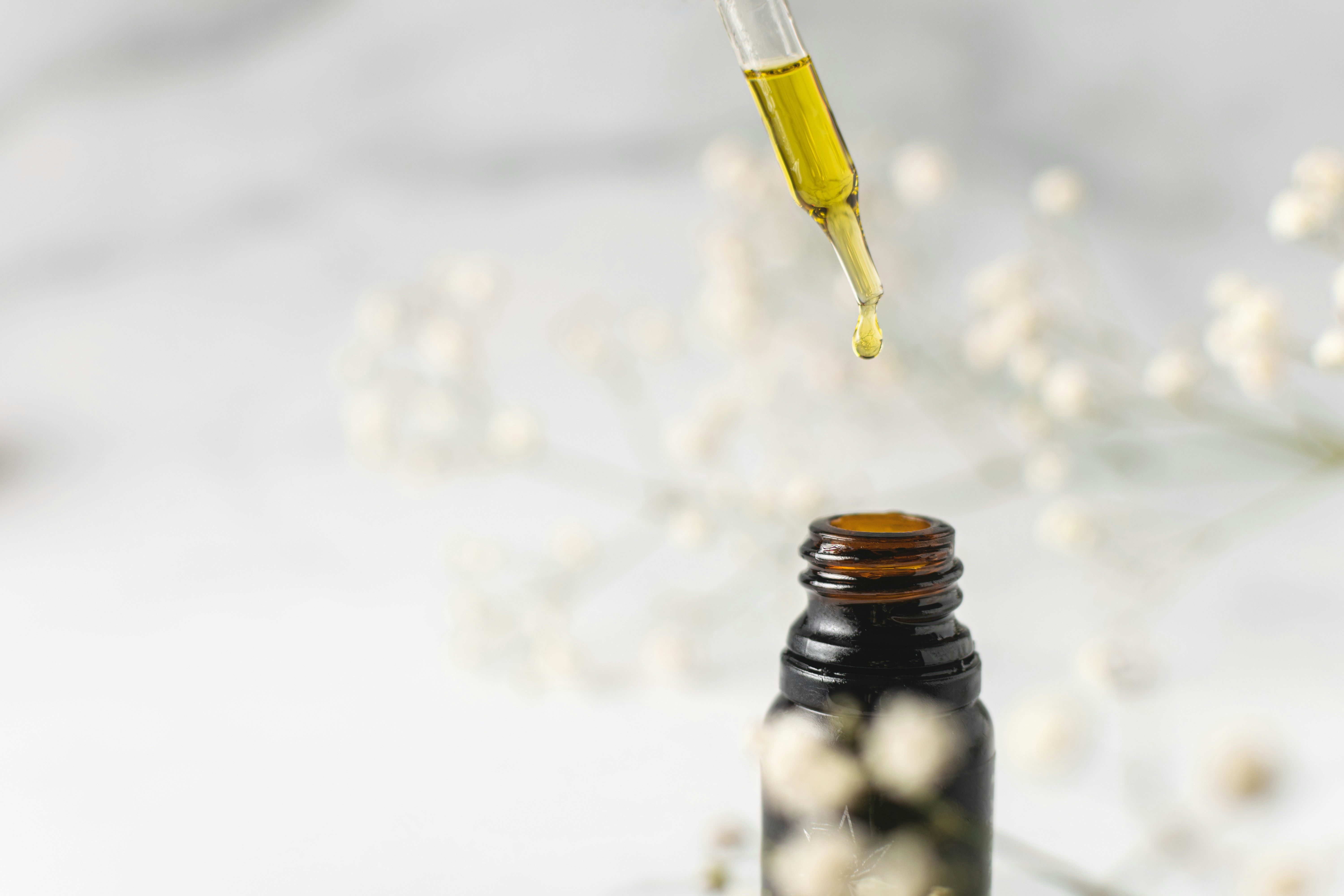In this article, we will explore whether or not essential oils can be an effective way to keep flies away from your home or outdoor spaces. We’ll discuss the properties of certain oils and how they could potentially repel flies. Additionally, we’ll provide some tips on how to use essential oils effectively for this purpose. By the end of this article, you’ll have a better understanding of whether or not essential oils can help you keep those pesky flies at bay.
Understanding Essential Oils
What are essential oils?
Essential oils are concentrated liquids derived from plants that contain the natural fragrance and characteristics of the plant. These oils are often used for their various therapeutic properties, such as promoting relaxation, improving sleep, or alleviating pain. Each essential oil has its own unique composition and aroma, making them a popular choice in natural remedies and aromatherapy.
How are essential oils extracted?
Essential oils are extracted through a process called steam distillation or cold pressing. Steam distillation involves using steam to vaporize the volatile oils from the plant material, which are then condensed and collected. Cold pressing, on the other hand, is primarily used for citrus fruits, where the peel is mechanically pressed to extract the essential oil. Both methods preserve the natural properties of the plants and produce highly concentrated oils.
What are the properties of essential oils?
Essential oils possess a wide range of properties, including antimicrobial, antifungal, antiviral, and insect-repellent qualities. These properties are attributed to the chemical compounds found in the oils, which can vary depending on the plant species. Some essential oils also have calming or uplifting effects on our mood and emotions, making them valuable in aromatherapy practices.
The Relationship Between Flies and Essential Oils
Why are flies attracted to certain scents?
Flies are attracted to certain scents because they are highly sensitive to smell. They are particularly drawn to odors associated with decaying organic matter and sugary substances. Flies have specialized receptors that allow them to detect these smells from a distance. Once they locate a potential food source, they will continue to be attracted to the scent and gather in the area.
How can essential oils deter flies?
Essential oils can be used to deter flies due to their strong aromas and insects-repellent properties. Flies are sensitive to certain smells that are off-putting to them, and essential oils can produce scents that flies find unpleasant or confusing. By using specific essential oils, you can create a natural barrier that discourages flies from entering your space.
Do all essential oils repel flies?
While many essential oils can repel flies, not all of them are equally effective. Flies have different sensitivities to various scents, so the effectiveness of a specific essential oil may vary. It’s important to experiment with different oils to find the ones that work best for deterring flies in your particular environment.
Essential Oils That Repel Flies
Lemon oil
Lemon oil is known for its fresh and uplifting scent, but it is also an effective fly repellent. The citrusy fragrance of lemon oil is disliked by flies, making it a great choice for keeping them at bay.
Peppermint oil
Peppermint oil has a strong, minty aroma that flies find overwhelming. Its cooling and invigorating scent is often used to repel not only flies but also other pests like ants and spiders.
Eucalyptus oil
Eucalyptus oil has a distinct and powerful scent that flies dislike. Its strong aroma, combined with its insect-repellent properties, makes it an excellent choice for deterring flies.
Lavender oil
Lavender oil has a calming and floral scent that is loved by humans but detested by flies. Its sweet aroma acts as a natural fly deterrent, making it a popular choice for keeping flies away.
Citronella oil
Citronella oil is commonly used in insect repellents due to its strong, lemony scent. Flies find the aroma of citronella oil displeasing, making it an effective option for keeping them at bay.
Tea tree oil
Tea tree oil has a medicinal and slightly camphoraceous odor that flies find unappealing. Its strong scent, combined with its antimicrobial properties, makes it a useful oil for deterring flies.
Clove oil
Clove oil has a warm and spicy aroma that flies find repulsive. Its potent scent and insect-repellent properties make it a great choice for warding off flies.
Rosemary oil
Rosemary oil has an herbaceous and woody scent that flies find unpleasant. Its refreshing aroma, combined with its insecticidal properties, can help deter flies from your space.
Cedarwood oil
Cedarwood oil has a strong and distinctive scent that flies dislike. Its woody and earthy fragrance acts as a natural fly repellent, making it an effective option for keeping them away.
Pine oil
Pine oil has a fresh and invigorating scent that flies find off-putting. Its strong aroma acts as a deterrent, making it a good choice for keeping flies at bay.
Methods of Applying Essential Oils to Deter Flies
Creating a fly repellent spray
One of the easiest ways to use essential oils to deter flies is to create a fly repellent spray. Simply mix a few drops of your chosen essential oil with water in a spray bottle and shake well. Spray the mixture around windows, doors, and other areas where flies tend to enter your space.
Using diffusers or oil burners
Using diffusers or oil burners is another effective method for dispersing the scent of essential oils and repelling flies. Add a few drops of your chosen essential oil to the diffuser or burner, and the aroma will fill the surrounding area, deterring flies from entering.
Applying essential oils to surfaces
You can also apply essential oils directly to surfaces to deter flies. Add a few drops of your chosen essential oil to a cotton ball or cloth and place it in areas where flies are commonly found, such as windowsills, countertops, or outdoor seating areas.
Wearing essential oil-infused jewelry
If you spend a lot of time outdoors and want to deter flies from bothering you, consider wearing essential oil-infused jewelry. There are various types of jewelry available, such as bracelets or necklaces, that have absorbent pads where you can add a few drops of essential oil. The scent will naturally repel flies while you go about your day.
Making insect repellent candles
Creating insect repellent candles with essential oils is an excellent way to keep flies away while adding ambiance to your space. Combine melted candle wax with a few drops of your chosen essential oil, pour it into a mold or container, and allow it to cool and solidify. Light the candle when needed, and the scent will deter flies from the area.
Safety Considerations when Using Essential Oils
Always dilute essential oils before using
It is crucial to dilute essential oils before using them topically or spraying them around your living space. Essential oils are highly concentrated and can cause skin irritation or other adverse reactions if used undiluted. Mix a few drops of essential oil with a carrier oil, such as coconut or almond oil, before applying it to your skin or creating a spray.
Perform patch tests before applying to skin
To ensure you don’t have an allergic reaction or skin sensitivity to a specific essential oil, perform a patch test before applying it to larger areas of your skin. Apply a small diluted amount of the essential oil to the inside of your forearm and wait 24 hours to see if any irritation occurs.
Keep essential oils out of reach of children and pets
Essential oils should be stored safely out of reach of children and pets. While essential oils can provide many benefits, they can also be harmful if ingested in large quantities or if applied improperly. Keep them in a cool, dark place, preferably in a locked cabinet or drawer.
Consult a professional if pregnant or nursing
If you are pregnant, nursing, or have any underlying health conditions, it is important to consult with a healthcare professional before using essential oils. Some essential oils may not be suitable for certain individuals or may require specific precautions.
Avoid direct ingestion of essential oils
Essential oils are highly concentrated and should not be ingested directly without the guidance of a healthcare professional. Some essential oils can be toxic when ingested in large amounts or without proper knowledge. If you are interested in using essential oils internally, seek advice from a qualified expert.
Effectiveness of Essential Oils in Deterring Flies
Supporting studies and research
While there is limited scientific research specifically focused on the effectiveness of essential oils in deterring flies, anecdotal evidence and studies on the repellent properties of certain essential oils support their potential efficacy. Essential oils containing compounds such as citronellal, eucalyptol, and limonene have shown promising results in repelling flies and other insects in various studies.
Real-life user experiences
Many individuals have reported success in deterring flies using essential oils. Personal testimonies highlight the effectiveness of certain essential oils, such as citronella or peppermint, in repelling flies and creating a fly-free environment. However, it’s important to remember that individual experiences may vary, and what works for one person may not work for another.
Potential limitations and exceptions
While essential oils can be an effective tool in deterring flies, it’s important to understand that they may not provide complete eradication of flies, especially in severe infestation cases. Flies can adapt to certain scents over time, so it’s advisable to rotate different essential oils periodically to maintain their effectiveness. Additionally, the airflow and environment in your space, as well as the type of fly species present, can also impact the overall effectiveness of essential oils.
Alternative Methods to Deter Flies
Using fly screens and netting
Using fly screens and netting on windows and doors is an efficient way to physically prevent flies from entering your living space. These barriers allow air circulation while keeping flies outside. Ensure that screens are properly installed and free of holes to maximize their effectiveness.
Maintaining cleanliness and hygiene
Flies are attracted to unsanitary conditions and food sources. By maintaining cleanliness in your living space, including regular cleaning and proper disposal of trash, you can reduce fly attraction. Seal food containers tightly, clean up spills promptly, and keep garbage cans sealed to minimize fly access to potential food sources.
Removing attractants and food sources
Flies are drawn to decaying organic matter, sugary substances, and certain scents associated with food. By eliminating or reducing these attractants, you can discourage flies from gathering in your space. Clean up pet waste promptly, remove ripe fruits or vegetables from countertops, and avoid leaving food uncovered.
Trying natural fly repellent products
There are various natural fly repellent products available on the market that contain essential oils as their active ingredients. These products often come in spray or lotion form and can be applied to your skin or in specific areas to deter flies. Read product labels carefully, and choose products that contain essential oils known to repel flies effectively.
Utilizing fly traps and baits
Fly traps and baits can be useful in reducing fly populations. These products typically contain attractants that lure flies into a trap or bait station, where they are unable to escape. While not directly related to essential oils, they can complement the use of essential oils in deterring flies.
Tips and Tricks for Using Essential Oils to Deter Flies
Experiment with different oil combinations
Not all essential oils work equally well for every individual or environment. Experiment with different oil combinations to find the scents that are most effective in deterring flies in your specific space. You can mix different oils together or alternate between them to prevent flies from becoming accustomed to a particular scent.
Reapply essential oils regularly
Essential oils evaporate over time, so it is important to reapply them regularly to maintain their fly-repellent properties. The frequency of reapplication may vary depending on factors such as temperature, airflow, and concentration of essential oil used. Monitor the effectiveness of the oils, and reapply as needed to ensure flies stay away.
Keep essential oils stored properly
To preserve the quality and effectiveness of essential oils, store them in cool, dark areas away from direct sunlight and heat sources. Use dark glass bottles or containers to protect the oils from light exposure. Proper storage ensures the longevity and potency of the oils.
Use essential oils in conjunction with other methods
While essential oils can be effective in deterring flies, they work best when used in conjunction with other fly deterrent methods. Combine the use of essential oils with physical barriers, such as fly screens, or maintaining cleanliness and proper sanitation practices for optimal results.
Adjust quantities based on space and environment
The quantity of essential oil needed may vary depending on the size of your space and the airflow within it. Larger areas may require a higher concentration of essential oil or more frequent application to effectively deter flies. Similarly, areas with excessive airflow may require more frequent reapplication to maintain the scent barrier.

Common Misconceptions about Using Essential Oils to Deter Flies
All essential oils have the same effect on flies
While essential oils can be effective in deterring flies, not all essential oils have the same effect. Flies may respond differently to various scents, and certain oils may be more effective than others in repelling flies. It is important to experiment with different oils to find the ones that work best for deterring flies in your specific environment.
Essential oils are harmful to flies
Essential oils are not inherently harmful to flies. They create an aromatic barrier that flies find off-putting, which discourages them from entering the area. However, essential oils do not harm or eliminate flies physically.
Essential oils eliminate flies completely
While essential oils can help in deterring flies, they do not eliminate flies completely. Some flies may still be attracted to certain scents or find alternative ways to enter your living space. It is important to use essential oils in conjunction with other fly deterrent methods for optimal results.
Essential oils are a substitute for proper sanitation measures
While essential oils can provide an additional layer of fly deterrence, they are not a substitute for proper sanitation measures. Maintaining cleanliness, removing food sources, and using physical barriers are essential in preventing and reducing fly populations. Essential oils should be used as a supplemental method rather than the sole solution.
No other factors impact the effectiveness of essential oils
The effectiveness of essential oils in deterring flies can be influenced by various factors. The type of fly species, environmental conditions, airflow, and the concentration of essential oil used can impact its overall effectiveness. It is important to consider these factors and adjust your approach accordingly for the best results.
Conclusion
Essential oils can be an effective tool in deterring flies and creating a fly-free environment. By understanding the properties and uses of different essential oils, you can choose the ones that work best for you. However, it is important to remember that essential oils should be used in conjunction with other fly deterrent methods and proper sanitation practices for optimal results. Experiment with different oils, reapply regularly, and adjust quantities based on your space and environment. With the right approach and consistency, you can successfully use essential oils to deter flies and enjoy a fly-free living environment.
